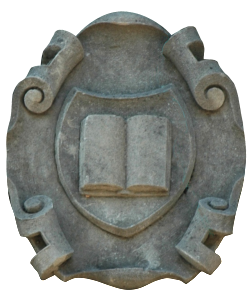
Lecture Listening Guides
by David Capes
Macintosh, Problems and Solutions in Translating the Psalms
Lecturer: Andrew Macintosh
Title: Problems and Solutions in Translating the Psalms
Date: 02/24/2018
Prepared by John Beukema
- When, where, and why were the Psalms translated from Hebrew to Greek?
- Why did Jerome travel to Bethlehem to learn Hebrew from the Jews?
- What did Jerome discover about his Latin Old Testament?
- Why are the Psalms the only Old Testament book in the official Roman Catholic Latin Bible not translated directly from the Hebrew?
- The first English translation of the Psalms by Coverdale was based on which previous translation?
- What does Coverdale’s translation of “strange children” refer to in Psalm 18?
- Why did Arabic remain purer and contain older understandings of Semitic speech than Hebrew?
- How does a sister language help confirm the meaning of words?
- Why does Macintosh call the 1960 attempt to make modern English version of Coverdale’s translation “a mistake”?
- Why is the Psalm 100 phrase “the Lord made us and not we ourselves” incorrect?
- In Psalm 126, what are the two different examples of homophones?
- Macintosh gives two examples of words spoken by God to the king of Israel, that are hugely important to Christians. One is from Psalm 2, “thou art my son, this day I have begotten thee”; and the other from Psalm 110, “The Lord said to my lord”. What is the original meaning?
- How does that original understanding inform Christian theology?
- When the Hebrew uses the following body language, what is being referred to:
- The heart?
- The bowels?
- Ears?
- Eyes?
- Nose?
- Arms?
- Hands/fingers?
- Feet?
- Throat?
- In Psalm 2, what are the opposite meanings in Hebrew and Arabic for the word translated “rejoice with trembling”?
- Also in Psalm 2, what does the expression “kiss the Son” mean?
- In Psalm 23, which is right: “valley of the shadow of death” or “deepest darkness”?
- In Psalm 8, what is the difficulty as it relates to the demand for inclusive language?
- Why did Macintosh change the phrase in Psalm 8 from “made him a little lower than the angels” to “made him a little less than God”?
- How is Nabal another example of the same word having opposite meanings?

